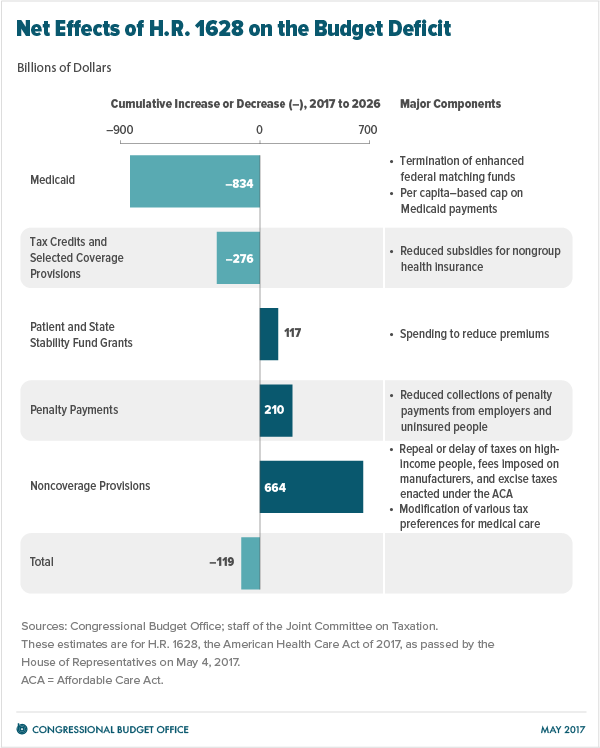Opinion: Why the AHCA won’t go away
The American Health Care Act, or AHCA, proposed by House Speaker Paul Ryan, is back in the news, as a new Congressional Budget Office report has come out to score the bill, which has undergone some tweaks after it was unveiled to historically low public approval.
When the initial bill was introduced, I wrote about how devastating it could be to me and millions of other Americans. This new version is no better.
The initial report by the CBO back in March 13 estimated that by 2026, 24 million people in the U.S. would lose health insurance. The new score estimates 23 million people will lose their insurance over the same time period.
The bill also creates difficulties for people with preexisting conditions to afford health insurance.
“Community-rated premiums would rise over time, and people who are less healthy (including those with preexisting or newly acquired medical conditions) would ultimately be unable to purchase comprehensive nongroup health insurance at premiums comparable to those under current law, if they could purchase it at all,” the CBO report says.
The new version was passed by the House of Representatives on May 4, and is now being re-worked by the Senate.
On its face, it seems absurd that this bill, which will cut $834 billion in funding from Medicaid (breaking a promise President Donald Trump made during his campaign to not make cuts to Medicaid), could have been passed after House Republicans faced such widespread backlash the first time around.
First and foremost, this bill was passed because media attention was driven away from the issue of healthcare: around the time the modified AHCA was passed, American media was largely focused on the French presidential election, and the early rumblings of the ever-growing scandal surrounding ties between Trump’s campaign and Russia.
On top of this, Republicans — and the media — largely downplayed the passage of the AHCA in the House because it is now headed to the Senate, where Senate Majority Leader Mitch McConnell said, before the bill was passed, that the Senate would be scrapping and re-structuring the bill.
While it is likely the Senate’s version of the bill will cut down the number of people left uninsured, it creates a perspective advantage for them: If the Senate’s bill is projected to take away insurance for 15 million people, then they can say they have saved 8 million people their insurance.
Republicans in Congress get to claim a victory, while 15 million people lose their insurance over the course of nine years.
There are two main answers to why republicans want these cuts made and are passing a bill they know and admit will take insurance away from millions of people who need it.
Ryan says the reason these cuts need to be made is to help reduce the federal budget deficit. He spent the past eight years criticizing former President Barack Obama for the rising amount of debt the U.S. accumulated during the presidency.
A closer look at the bill reveals another element of the bill that provides a different context to Ryan’s intentions: The CBO report says that these cuts to insurance allow for the “delay or repeal of taxes on high income people,” which will total $664 billion.
The passage of the AHCA also fulfills a longstanding promise Republican lawmakers have made to repeal the Obama-era Affordable Care Act as soon as possible.
The ACA, ironically, has been at the height of its popularity since Trump took office, despite having its own set of problems.
Regardless of what explanation voters believe for the massive cuts made in this bill, Republicans know this bill is unpopular. So unpopular, in fact, less than 20 of the 238 House members have town halls scheduled to speak directly to their voters during their upcoming recess; a decision largely based on the response from both Democratic and Republican voters to the original bill at town halls earlier this year.
The loss of coverage, deregulation and defunding of insurance for millions of Americans set to take place in this bill, which has been designed to create a massive tax cut for wealthy Americans, is an irresponsible piece of legislation built to benefit only those creating the bill and their rich friends.
The House passing this bill is only the beginning of a long, complicated, ongoing story of healthcare changes under the Trump Administration, but do not be fooled, for the people in this country, this story is exponentially more important than investigations into Trump’s ties to Russia, touching a glowing orb with the king of Saudi Arabia or fawning over the Western Wall in Jerusalem.
Nicholas Hunter is the opinion editor. Contact him at [email protected].



